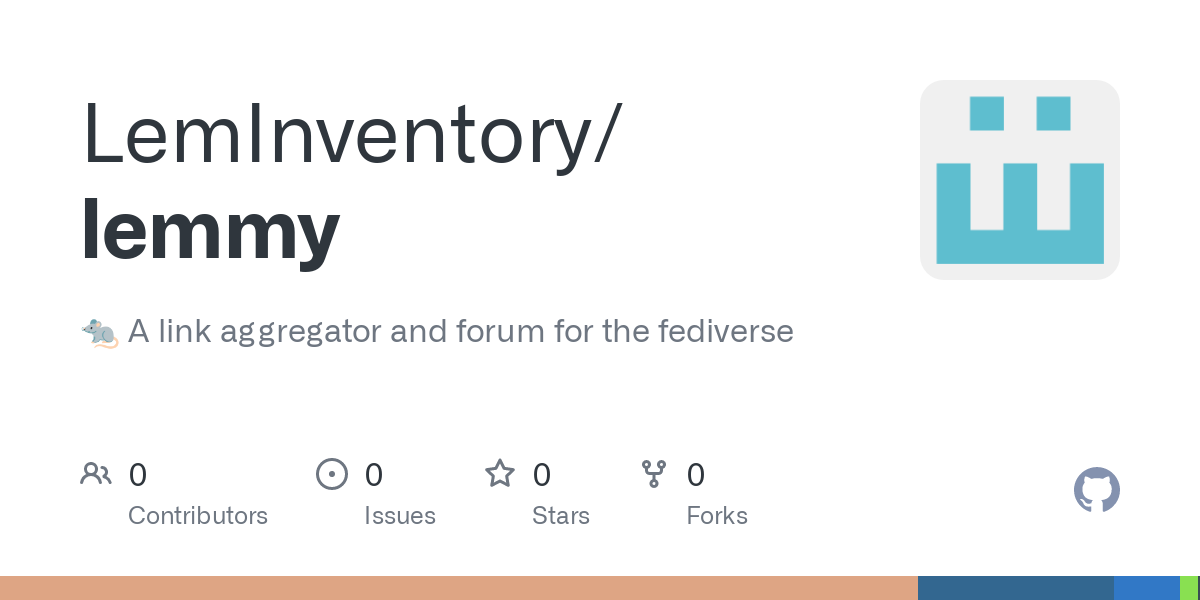

I’m shocked that you’d make the typical overly generous assessment of actual bribery to excuse any and all of your team. /s
Do some more research. This is just the tip of the fucking iceberg. Biden has a long track record of quid pro quo besides this event that you clearly are purposely looking the other way on.
I could literally show you video of Biden accepting a bribe and you’d find a way to excuse it.
https://oversight.house.gov/the-bidens-influence-peddling-timeline/
https://reason.com/2023/09/18/theres-plenty-of-evidence-of-corruption-around-biden/
https://www.propublica.org/article/bidens-cozy-relations-with-bank-industry-825
https://www.congress.gov/116/meeting/house/111100/documents/HHRG-116-JU08-20201202-SD006.pdf
https://theintercept.com/2020/01/30/does-joe-biden-have-a-corruption-problem/
https://www.npr.org/transcripts/93954519
https://www.motherjones.com/politics/2019/11/biden-bankruptcy-president/
https://www.vox.com/policy-and-politics/2019/9/24/20879735/hunter-biden-trump-corruption-outsider











https://youtu.be/sq8e8NjTWxs